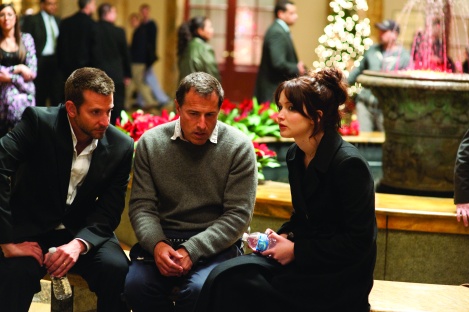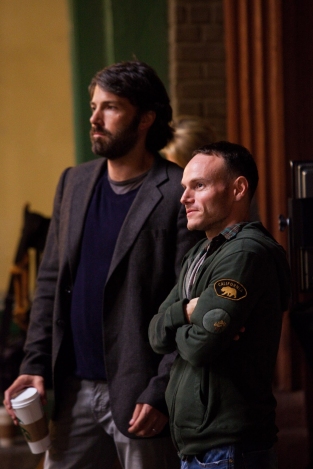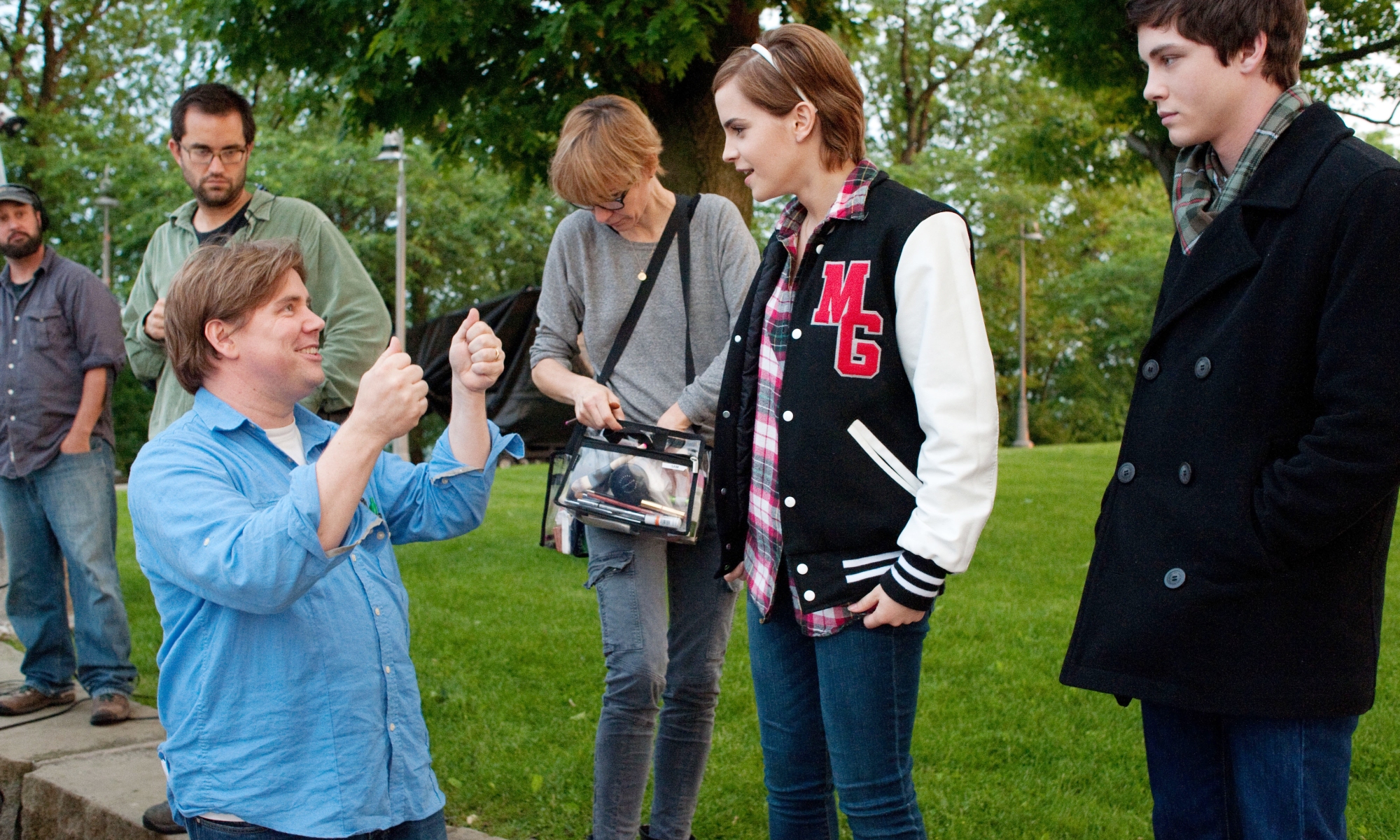Pete Hammond is Deadline’s awards columnist. This article appeared in the Dec. 12 issue of AwardsLine.
When it comes to the written word in this year’s Oscar race, it helps to have sources. While the original screenplay category has a few serious best picture contenders in Zero Dark Thirty, Django Unchained, The Impossible, Flight, The Master, and Amour, it is the adapted category where the action really is. The five top best picture contenders on most pundits’ list of predictions —Silver Linings Playbook (David O. Russell), Les Misérables (William Nicholson, Alain Boublil, Claude-Michel Schonberg, Herbert Kretzmer), Argo (Chris Terrio), Life of Pi (David Magee), and Lincoln (Tony Kushner)—are all competing against each other, making it one of the hottest races for adapted screenplay in years. It is proof positive that either Hollywood is lacking in great original ideas or the most promising material in terms of best picture candidates has come from another medium.

It is actually a bit of a reversal of a recent trend where the best picture winner came from original screenplays. In fact, the last three films to take Oscar’s most prestigious prize—The Hurt Locker, The King’s Speech, and The Artist—were all original, reversing a previous eight-year trend in which the best picture winners were adapted in seven of those years (Crash’s 2005 shocker of an upset over Brokeback Mountain being the only exception). That, in turn, had reversed a trend in favor of original best picture winners when five of six at the end of the last century had triumphed over adaptations.

But from the looks of things, the pendulum could be swinging back, which is why writers are seeking out those hot properties to turn into movies. Bubbling under the top list of contenders for best adapted screenplay is an impressive group that includes Tom Stoppard’s take on Leo Tolstoy’s Anna Karenina; Stephen Chbosky’s adaptation of his own 1999 coming-of-age tale The Perks of Being a Wallflower; Ol Parker’s The Best Exotic Marigold Hotel; Ronald Harwood’s Quartet; French import Rust and Bone from Jacques Audiard and Thomas Bidegain; Richard Linklater’s indie hit Bernie; Ben Lewin’s The Sessions; Benh Zeitlin and Lucy Alibar’s Beasts of the Southern Wild; John McLaughlin’s Hitchcock; and a couple of studio tentpoles from big names, The Dark Knight Rises (Christopher Nolan, Jonathan Nolan) and The Hobbit: An Unexpected Journey (Peter Jackson, Fran Walsh, Phillipa Boyens, Guillermo del Toro). There is also Judd Apatow’s very personal original This Is 40,which is an adaptation only in the sense that it covers the further adventures of two characters from Knocked Up, so even Universal is advertising it as the “sort-of sequel.” It really should be in original where it would have a better shot. Adaptation should be only about just that, adaptations.
Leading the parade of originals are likely nominees Zero Dark Thirty, with a script shrouded in controversy from Hurt Locker Oscar winner Mark Boal; Paul Thomas Anderson’s highly ambitious The Master; Wes Anderson and Roman Coppola’s Moonrise Kingdom;Quentin Tarantino’s Django Unchained; John Gatins for Flight; Cannes Palme d’Or winner Amour from Michael Haneke; the emotional and gripping The Impossible by Sergio G. Sanchez; and the French box-office sensation The Intouchables from writer/directors Olivier Nakache and Eric Toledano. Under that top tier of contenders are such disparate films as Arbitrage (Nicholas Jarecki), End of Watch (David Ayer), Promised Land (Matt Damon and John Krasinski),and Martin McDonagh’s Seven Psychopaths, and there might even be a shout-out from the writing branch for Oscar show host Seth MacFarlane’s smash hit comedy, Ted (cowritten with Alec Sulkin and Wellesley Wild). Sometimes there is room for an animated movie to sneak in here, too, and this year’s most likely contender for that slot would be Disney’s clever Wreck-It Ralph from Phil Johnston and Jennifer Lee.
If you’re looking for clues for the likelihood of a nomination for Wreck-It Ralph or even many of the other contenders listed above don’t count on the nominees list from the Writers Guild of America, which will be announced on Jan. 3, a full week before the Oscar nominees are named. The WGA regularly bans animation scripts and a lot of indie projects not produced under guild jurisdiction. In recent years, this has led to a wide divide between the WGA nominees for original and adaptation than what the far more inclusive Academy comes up with. In 2009, only one WGA-nominated original screenplay, Milk,was also on Oscar’s list (it won, though). In 2010, though the two groups agreed on six of the 10 writing nominees in both categories, the eventual Oscar winner for original screenplay, David Seidler’s The King’s Speech,wasn’t even nominated for a WGA honor because it wasn’t made under the guild’s guidelines. Last year, a paltry four out of 10 nominees were on both Oscar and WGA lists. This chasm between the two organizations, despite shared membership, makes it increasingly difficult to predict Oscar nominees based on the preference of the guild, which is quite unlike the strong correlation between Oscar and other guilds like the PGA, DGA, and SAG.

